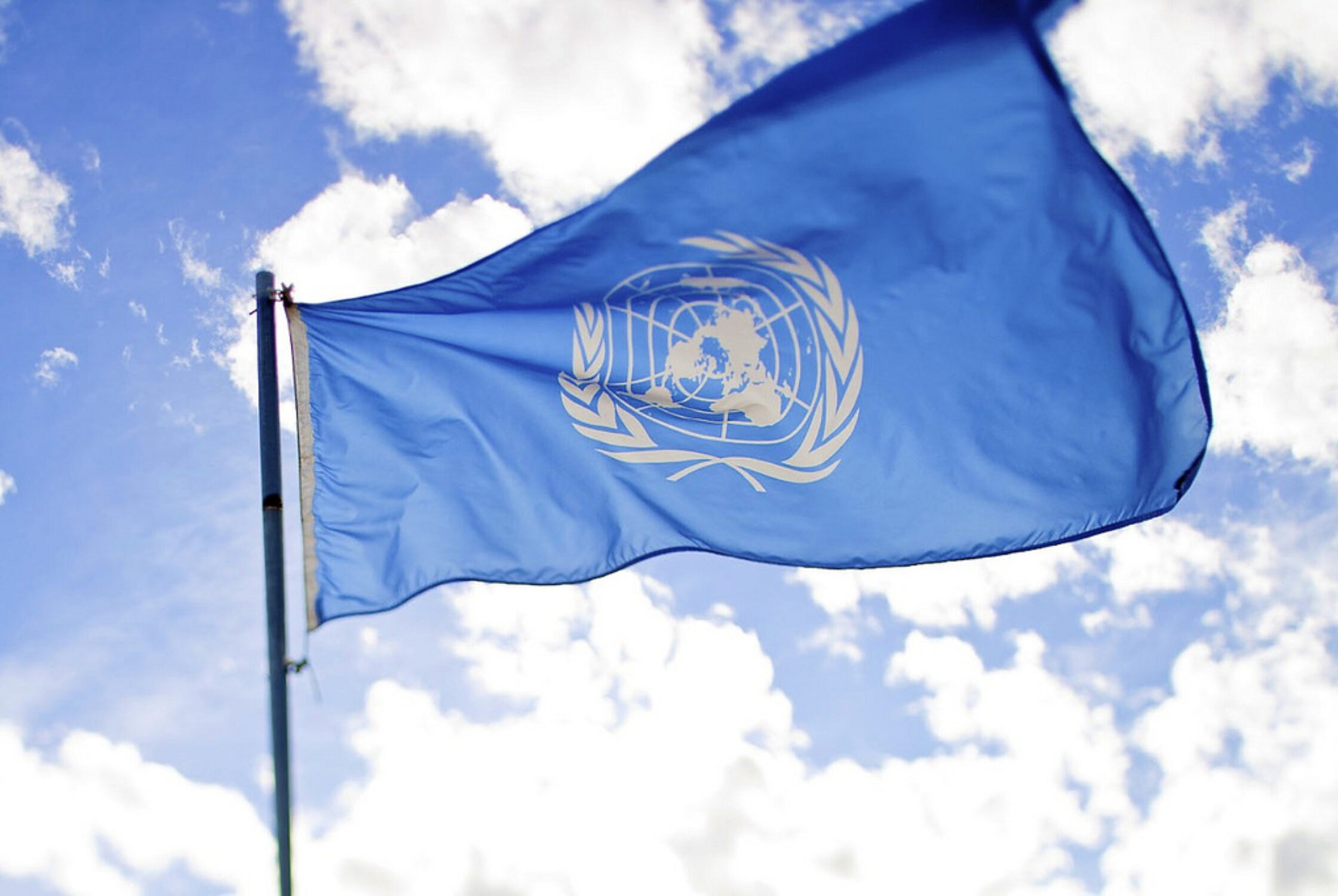At UNGA, 5 Things President Trump Must Do to Restore U.S. Leadership on Humanitarian Assistance

In his address to the United Nations General Assembly on Tuesday, President Trump is likely to declare that the United States is the world’s leader in humanitarian assistance. He said so when he spoke to the world body last year, as did Secretary Pompeo in remarks on September 17. Indeed, the United States paid for about a quarter of some $27 billion in global emergency aid in 2017, and some administration officials have taken a robust public line on important humanitarian issues. For example, the U.S. Ambassador to the United Nations, Nikki Haley, has highlighted the plights of Sudanese, Rohingya, and other vulnerable communities victimized by their governments.
Nonetheless, the president’s words will ring hollow to many in New York this week because he has sought to undermine policies and dismantle programs essential to the bipartisan tradition of U.S. leadership on the global humanitarian stage. So what must he do to begin to transform his rhetoric about U.S. leadership into reality?
“So what must he do to begin to transform his rhetoric about U.S. leadership into reality? ”
First, the president must, at the very least, sustain U.S. humanitarian assistance commitments globally. His proposed 2018 humanitarian budget cuts would have totaled about one-third of all U.S. humanitarian funding. This would have devastated the emergency food and relief programs for which he took credit last year. The president has called for similar cuts for 2019. Congress has largely ignored both sets of proposals, but the requests send an unfortunate signal to other governments and international organizations and create uncertainty. During his UNGA speech, the president should announce that the 2020 budget request will sustain or even augment U.S. humanitarian assistance.
“In the Democratic Republic of the Congo, peacekeepers have had to close bases and reduce their numbers even as violence has spiked.”
Second, the president must stop undermining UN peacekeeping, as blue helmets work to protect civilians and reduce conflict in some of the world’s toughest crises. Pressure from the Trump administration led to some $600 million in peacekeeping cuts and was inspired by a drive for lower budgets and not improved efficiencies. Cuts have impacted civilian protection, access to populations in need and human rights monitoring, among other humanitarian priorities. In the Democratic Republic of the Congo, peacekeepers have had to close bases and reduce their numbers even as violence has spiked. With over 100,000 peacekeepers worldwide at an annual cost of $6.7 billion – less than one percent of the U.S. defense budget – peacekeeping is a sound investment, and the president should support increased capacity and resources.
Third, the Trump administration must reestablish strong support for efforts to prevent violence against women. The administration has rolled back global gains by withholding funds from the United Nations Population Fund (UNFPA), an agency at the forefront of efforts to combat gender-based violence and ensure access to services for women and girls in conflict zones. It has also severely restricted U.S. health aid to foreign NGOs if those NGOs provide information, referrals, or services related to legal abortion (even though such activities are funded by non-U.S. government sources). The president should announce that the United States will implement responsible policies on women and girls by restoring funds for UNFPA and ending the restrictions on health assistance.
Fourth, the Trump administration must not walk away from key international institutions involved in important humanitarian issues. Whether through its disengagement from negotiations on a Global Compact on Migration to help states address movements of people across borders, its withdrawal from a UN Human Rights Council dealing with abuses like those suffered by civilians in Syria, or its end to support of relief activities of the UN Relief and Works Agency for Palestine Refugees in the Near East, the Trump administration is squandering U.S. influence over the development of international humanitarian norms and practice. The United States of America should not leave the room when it does not get its way. Rather, the administration should strengthen its involvement and press for important changes. At UNGA, the president should commit to re-engagement in each of these cases.
“The Trump administration is squandering U.S. influence over the development of international humanitarian norms and practice.”
Fifth, the president must commit to practice at home what the United States preaches abroad. At a moment in history when it is welcoming efforts by other governments to shelter millions of refugees, the Trump administration is systematically choking off access to the United States for those fleeing persecution. This has been done through dramatic reductions in our refugee admissions program, efforts to prevent entry of asylum seekers, and changes to legal requirements for asylum designed to bar victims of domestic abuse or gang violence. At UNGA, the president should declare he will reverse such policies and once again allow the United States to lead by example.
It may be too much to expect the president to take all these actions. But it is unacceptable for him to declare his administration a humanitarian leader when it has done so much to undermine humanitarian objectives. Acting on these recommendations would give substance to declarations of leadership and keep faith with an American tradition of support for vulnerable populations around the world.